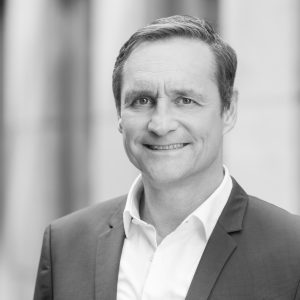Since 1 January 2018, the German Network Enforcement Act (NetzDG) obligates the operators of social networks to delete illegal content from their networks within a given period of time and under the threat of potentially large fines. Today, the German Federal Ministries for Justice and Internal Affairs came to an agreement about an obligation for social networks to notify authorities in the event of hate speech in the Internet, and with this, further expanded the stipulations of the Network Enforcement Act.
eco Chair of the Board Oliver J. Süme assesses the current plans for an obligation to notify for the operators of social networks critically, seeing them as being insufficiently thought through: “While today’s decision has clarified which types of crime the obligation to notify should apply to, it remains totally unclear to what extent the examination by the service provider requires documentation, and whether this must also be part of the information provided to the Federal Criminal Police Office. With the law, companies are confronted anew with great legal uncertainty: It needs to be clarified whether the technical requirements are implementable, and what the consequences would be of unavoidable ‘false reports,’ for example through a too narrow definition of the content being reported. With the current negotiations being held at the European level on the e-Evidence regulation, there arises the concern that a broadening of the NetzDG will preempt the European legislative process. If there is agreement that Internet crime is to be prosecuted in a consistent manner, then the state must meet its own responsibilities in this regard. The introduction of an obligation to inform for companies is only sensible when the investigative and law enforcement authorities also have the necessary skills and technical capacities at their disposal, so that hate crime can be combatted effectively in the long term, and perpetrators can be punished.”




